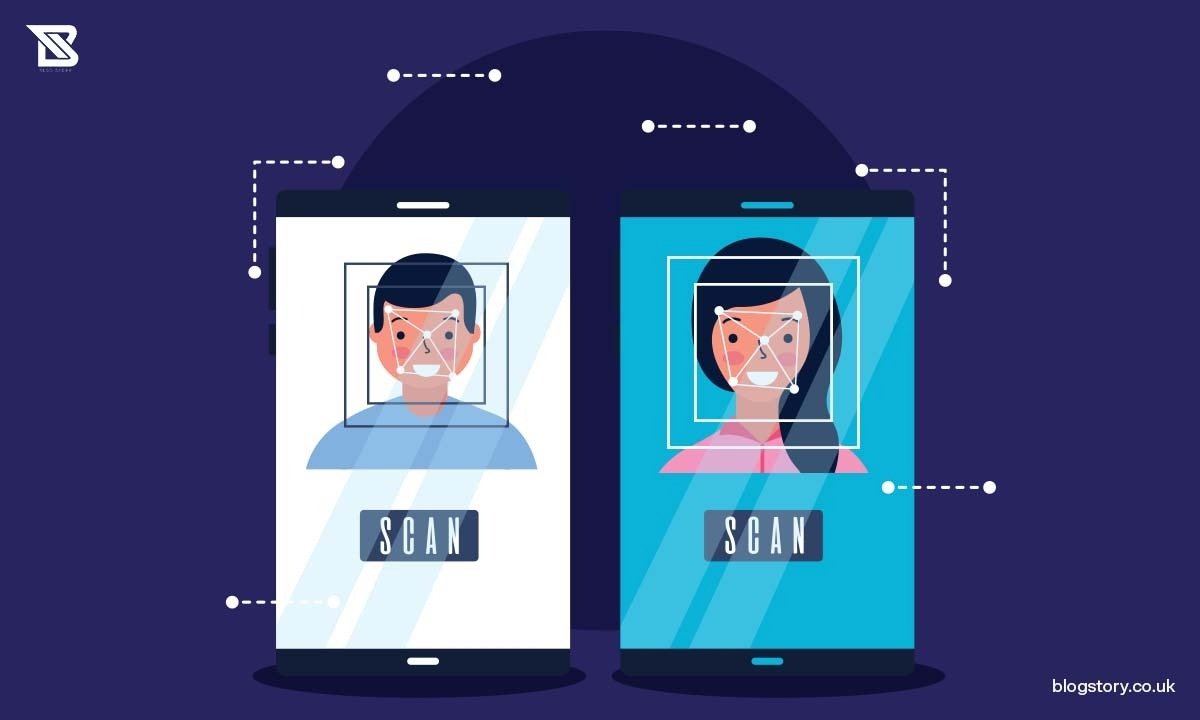The world is becoming digital, and in this ever-evolving digital edge, id verification has become a crucial factor in the startup ecosystem. When a new business emerges and tries to lay its foot on strong ground, it is crucial to ensure the authenticity and genuineness of user identities.
Here in this article, we will talk about the significance of identity verification for startups, with its challenges, benefits and also the innovations that are shaping this critical sector.
The Importance of ID Verification For Startups
Safeguarding the platform along with its users from any type of fraud is the main purpose of ID verifications. Here, Complying with the regulatory requirements is also crucial.
If your startup belongs to either an online retail store, healthcare, or finance, verifying the user’s identity is not only about taking necessary security measures but also a fundamental aspect of the business model.
Fraudulent activities, like the creation of fake accounts, or any type of financial fraud can have a pretty devastating effect on both the reputation and financial stability of the startup.
With the help of robust ID verification processes, start-ups can reduce all these risks by making sure that only legitimate users are capable of using and engaging with the services.
In addition to all these, regulatory compliance is also an important consideration for startups. Several industries are strengthening their regulations on making customer identity verification a mandate.
Startups that are operating in these particular sectors also must include effective ID verification strategies in order to avoid any legal complications and fines.
The Benefits of Implementing ID Verification
Including ID verifications comes with a lot of benefits for startups. They are
- improved customer trust,
- regulatory compliance,
- And improved security.
By verifying the identity of users, startups can reduce the risk of identity theft along with some other types of fraudulent activities. As a result, they can protect both the user and platform’s data with ID verifications.
Apart from all these, ID verification processes also build trust between the startups and their users. When your users see that your platform is taking their privacy and security seriously, they will use and engage with the services more.
As a result, you will encounter increased customer retention and loyalty.
Challenges and Considerations
Though ID verifications for startups come with benefits, they also have several challenges. Here, startups have to navigate the delicate balance between the user experience and security.
If you have a too complicated and time-consuming verification process, it can make you lose some potential users and lead to abandoned sign-ups and reduced growth.
When it comes to the implementation of ID verification processes, privacy concerns also matter a lot. As a startup, it is also crucial to make sure that the collected personal data are being handled securely.
In addition to that, complying with data protection regulations, like CCPA in California and GDPR in Europe is another thing to take care of.
Innovative Solutions and Future Directions
To be honest, the landscape of ID verifications is evolving constantly with the new technological advancements that are offering more secure and user-friendly solutions.
Biometric verifications that include the advanced technology of facial recognition, iris scan, and fingerprints offer a higher level of security and convenience at the same time.
To make identity verification more secure and transparent, Blockchain technology is another powerful tool. With this startups can enable decentralised and also tamper-proof record keeping.
Machine learning and AI (artificial intelligence) are making the process of ID verification more automatic and also enhancing accuracy.
These modern technologies are capable of analyzing huge amounts of data when it comes to verifying identities and detecting fraudulent patterns with impressive efficiency and speed.
Best Practices for Startups
In case being a startup you are also thinking about implementing and improving your ID verification process, here are several best practices that you can use.
- User Experience: Always establish a balance between user convenience and security. In order to do that, simplifying the verification process is crucial without compromising security.
- Compliance: Always stay up to date with the regulatory requirements in your region and industry. It is crucial to make sure that your ID verification process complies with all the applicable regulations and laws.
- Privacy and Security: To secure the personal information of your users, that is being used in ID verification, implementing powerful data protection measures is crucial.
- Technology Selection: Always pick those ID verification solutions that are properly aligned with your business requirements and scale. Here, leveraging the benefits of emerging technologies, like blockchain and biometric verification is pretty great.
- Continuous Improvement: Remember that ID verification is not at all a set-it-and-forget-it solution. It is also important to address new threats. For that regular review, updating, and incorporating technological advancements are important.
Conclusion
ID verification is not just a security measure or regulatory requirement for startups. It’s more of a strategic investment for their future.
When you are making sure that the user identities are authentic, you will be able to protect yourself from fraud along with building trust with your customers.
Because the technological landscape is evolving, the options for seamless and secure ID verification are boundless.
You May Like Also:

Your article helped me a lot, is there any more related content? Thanks!
Thank you for your sharing. I am worried that I lack creative ideas. It is your article that makes me full of hope. Thank you. But, I have a question, can you help me?
Thanks for sharing. I read many of your blog posts, cool, your blog is very good.